#Elizabeth gaskell
Text
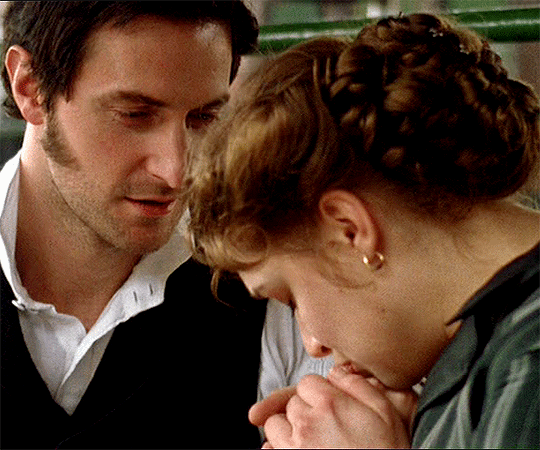


NORTH AND SOUTH (2004) | Episode 4

#north and south#perioddramaedit#romanceedit#northandsouthedit#tvedit#ceremonial#perioddramasource#userbennet#userpavlova#tusereliza#john thornton#margaret hale#elizabeth gaskell#richard armitage#daniela denby ashe#*
2K notes
·
View notes
Text
me, placing jane austen, emily brontë, charlotte brontë, and elizabeth gaskell next to each other on my bookshelf: the girlies
648 notes
·
View notes
Text
I love that women like Jane Austen and Elizabeth Gaskell were out there in 1810 or 1855 unapologetically creating shippable couples and excruciating tension and swoonworthy moments in the most delicious slow-burn love stories. Like they were obviously drawing on their own desires to be able to hit the spot, to know what women want, and were writing to afford themselves and others a vicarious experience of love in a society that was probably pretty devoid of it. And here I am 200 years later, also a wistful romantic woman who needs escapism, still in agreement about what love should look like, and their otp is now my otp.
#thank you girls#literature#jane austen#elizabeth gaskell#north and south#pride and prejudice#emma#sense and sensibility#words#romance#love
2K notes
·
View notes
Text

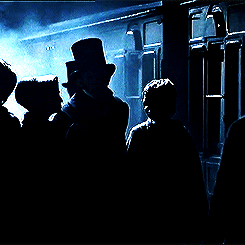
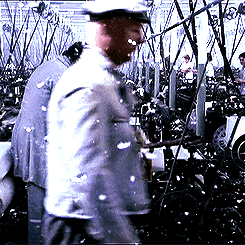
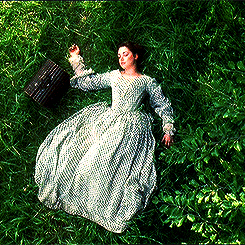
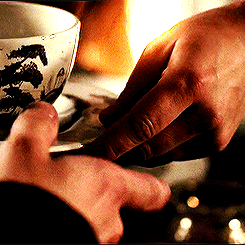


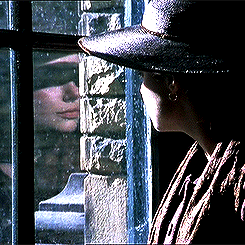
The people here don’t want learning. They don’t want books and culture. It's all money and smoke. That's what they eat and breathe.
NORTH & SOUTH | Episode 1
#northandsouthedit#perioddramaedit#perioddramasource#perioddramagif#tvedit#north and south#north & south#elizabeth gaskell
863 notes
·
View notes
Text
Genteel Poverty Vs. Actual Poverty in Austen's Novels
Genteel poverty, which is being experienced by the Bates (Emma), the Dashwoods (Sense & Sensibility) to an extent, and possibly the Prices (Mansfield Park, though I don't know if they qualify as gentry), is different than actual poverty. The reason they struggle is because they have to keep buying things that keep them in their class, such as proper clothing and food to feed visitors. For example, the Dashwoods host the Middletons for dinner every time they dine at the park. That makes them participating members of the gentry, but it's probably eating up a lot of their budget. It's probably also why Mrs. Dashwood refuses to visit anyone outside of walking distance, they can't afford to host anyone else! Mrs. Grant also does this by the way (in Mansfield Park), she hasn't chosen to visit with the Rushworths and start this endless back and forth, so she doesn't accompany the others to Sotherton.
The Bates would have to do this too. They don't ever host Mr. Woodhouse because of his eccentricities, but if they are invited to dinner they would be expected to host back. That pork that Emma sent them likely was shared with Mrs. Elton or Mrs. Cole or whomever they needed to invite back to dinner. Or their neighbours might come up with clever excuses and then just come for tea.
The only Austen character at risk of real, actual poverty, is Mrs. Smith in Persuasion. She is unable to keep even a servant and is selling handmaid goods to support herself.
Cranford by Elizabeth Gaskell is all about this: a small town mostly inhabited by spinsters and widows who mostly have incomes similar to the Bates's, and how they all collectively pretend that they can afford to be gentry. Like baking the treats for your friends yourself but pretending that your maid did it. Or pretending you have candles burning at night but actually rushing to light them when someone knocks on the door. They all find ways to save in other areas of their lives so they can maintain the trappings of gentry.
But the point is: they can afford to eat and clothe themselves and have a maid of all work, an income of 100ish pounds a year is something you can live on and they don't have to work. They are poor in comparison, not actually poor. The majority of the population of England at that time had incomes similar to or lower than the Bates and worked 12-14 hours per day for it.
Note: I have no problem with Austen not including the lower classes in her novels, that's not what she wanted to write about and that's fine. There are small pieces about the poor, like the case of Old Abdy in Emma, and there is certainly concern expressed for the poor and examinations of the best ways to address relieving poverty (compare Lady Catherine's method with Emma's!). Not every book has to be about everything, and Austen made serious points about the place of women in English society even if she "only" wrote about the upper class.
#genteel poverty#jane austen#sense and sensibility#mansfield park#persuasion#cranford#elizabeth gaskell
634 notes
·
View notes
Text

"North and South" by Elizabeth Gaskell in a nutshell.
#north and south#elizabeth gaskell#north and south 2004#daniela denby ashe#richard armitage#both novel and its latest miniseries are fantastic
565 notes
·
View notes
Text

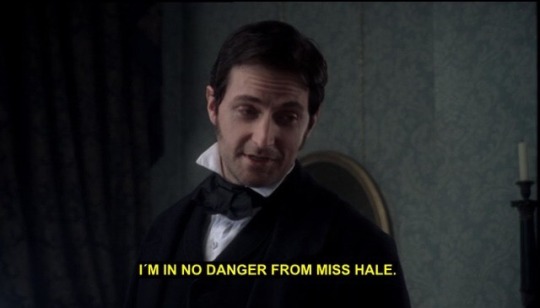

#north and south#north and south 2004#john mulaney#north and south incorrect quotes#north and south meme#classic lit#classic lit meme#elizabeth gaskell#obscure content
823 notes
·
View notes
Text
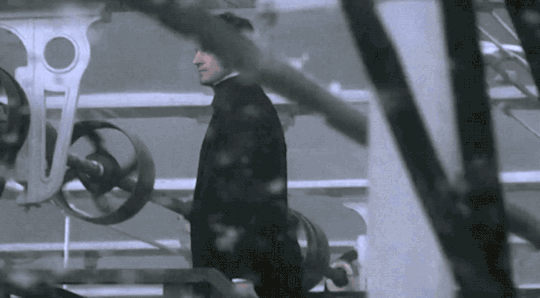


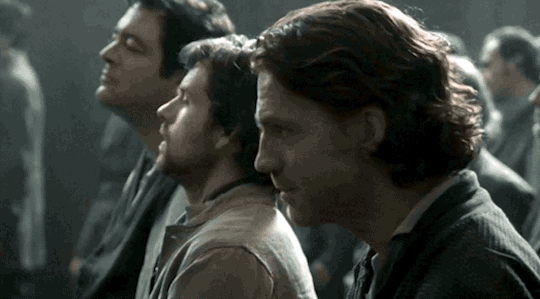

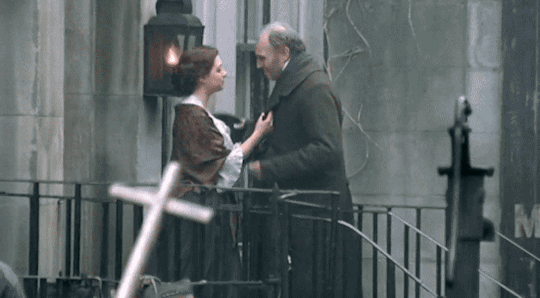
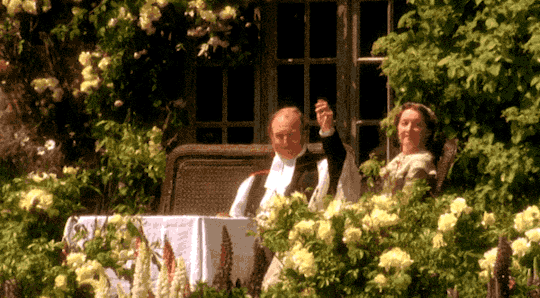
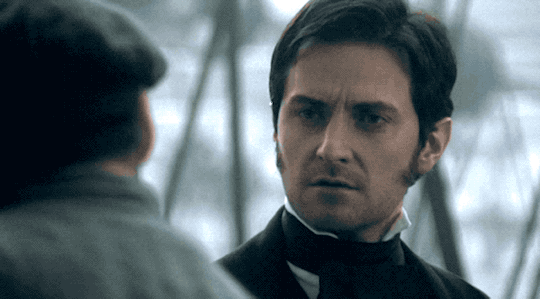

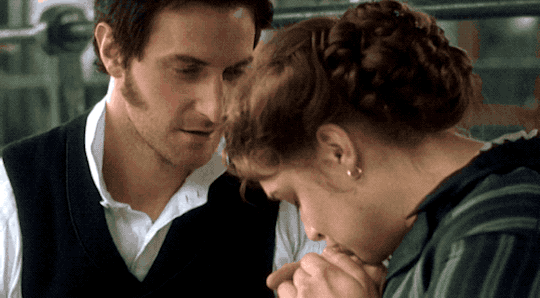


Period Drama Appreciation Week 2023 | Day 2: Favorite period drama TV | North & South (2004)
#perioddramaweek2023#north and south#richard armitage#daniela denby-ashe#brendan coyle#elizabeth gaskell#mrs. gaskell#gif#my edit
882 notes
·
View notes
Text
I make fun of all the horrible parents in Austen, but they've got nothing on the fathers in Gaskell's works.
Austen fathers will do things like:
Sit in his library and make fun of you and your sisters instead of preparing for your futures
Be a health nut hypochondriac who prefers that he and everyone else stay safely at his home
Be a vain fop who wastes all his money
While Gaskell fathers do things like:
Murder a guy
Lose other people's money through speculation and then commit suicide
Doom himself to a lifetime of marriage with an unsuitable woman because boys were starting to be interested in you
Make you, a teenager, tell your mother that you're all going to move across the country on very little notice because he never bothered to mention the crisis of conscience he'd been wrestling with for years
Incite a mob to riot and burn down the home and business of a local family
Gaskell fathers are just living on an entirely different level of drama.
But the worst part is that the Gaskell fathers also tend to be much more loving than Austen's.
#jane austen#elizabeth gaskell#pride and prejudice#emma#persuasion#north and south#wives and daughters#mary barton#sylvia's lovers
234 notes
·
View notes
Text

#today on tumblr#victorian#victorian era#victorian art#1800s#victorian literature#oscar wilde#charlotte bronte#anne bronte#george eliot#elizabeth gaskell#thomas hardy#charles dickens#bram stoker#emily bronte#victorian gothic#victorian aesthetic
380 notes
·
View notes
Text
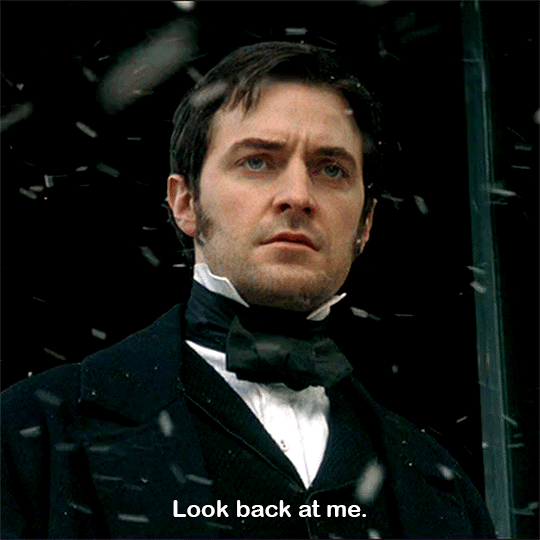
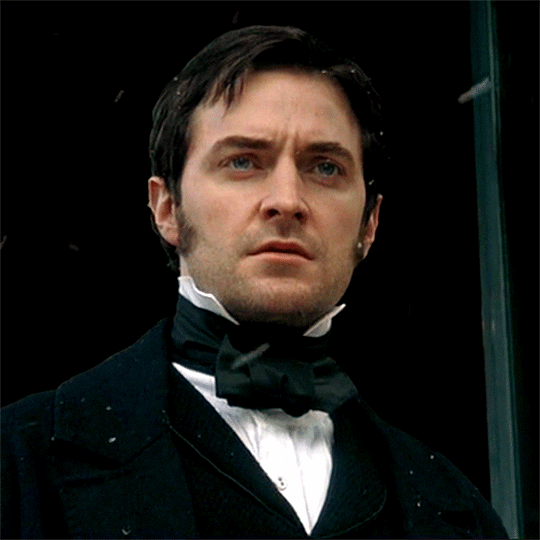
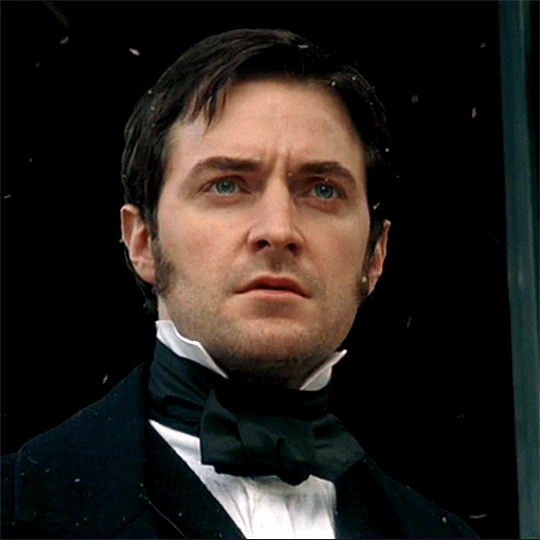

Look back. Look back at me.
NORTH AND SOUTH (2004) | Episode 4

#north and south#perioddramaedit#northandsouthedit#tvedit#userbennet#tusereliza#userpavlova#elizabeth gaskell#north and south 2004#john thornton#richard armitage#*
809 notes
·
View notes
Text
Elizabeth Bennet and Margaret Hale: “Oh I was so mistaken! He would never want to marry me now!”
Mr. Darcy and Mr. Thornton: *sprinting over at top speed with a ring in hand*
#ultimate simps and we love them for it#pride and prejudice#north and south#jane austen#elizabeth gaskell#classic literature#classics#literature
1K notes
·
View notes
Text




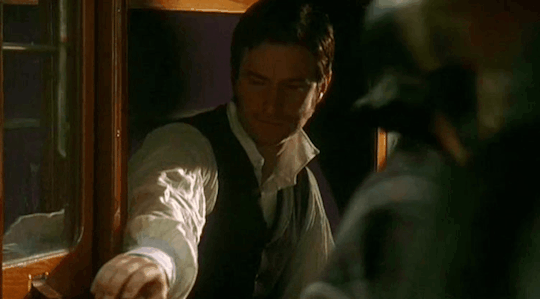

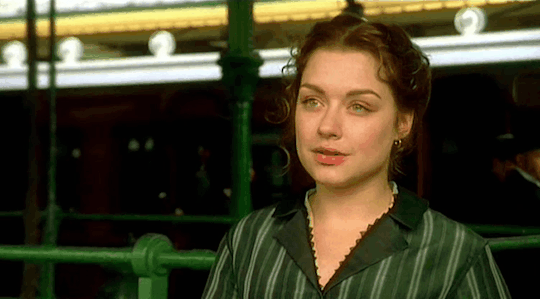
NORTH AND SOUTH (2004)
dir. brian percival
#north and south 2004#elizabeth gaskell#costume drama#period drama#perioddramaedit#miniseries#margaret hale#john thornton#daniela denby ashe#richard armitage#my gifs#mine
207 notes
·
View notes
Text
"I do not know this woman especially well and most of the conversations we've had have been borderline adversarial. None of our interactions could even charitably be described as courting. I have not in any way suggested to her that I am desperately in love with her, and in fact she may think I rather dislike her. Better propose ASAP, in as abrupt a manner as possible."
Fitzwilliam Darcy 🤝 John Thornton
#north and south#pride and prejudice#elizabeth gaskell#jane austen#19th century#literature#fitzwilliam darcy#john thornton
729 notes
·
View notes
Text
re-reading north and south and can't get over the fact that at the height of passion, after margaret has faced the crowd of strikers and got hit by a stone while protecting thornton, and thornton realizing in a whirlwind of emotions that he's insanely in love with her, and wants to see her immediately and then ask for her hand... he's reminded that it's half-past six and therefore tea time so he's just. ah yes of course, well, tea time comes first, indeed. bring forth the tea cakes. and then i'll admit all the force of my love to miss hale who almost died less than an hour ago
205 notes
·
View notes
Text
things in 19th century novels that bring me an immense amount of joy
a passive aggressive pianoforte moment
any country dance scene
flower symbolism
the love interest telling the heroine he loves her mid panic attack
a women rejecting a marriage proposal from a man she hates
hands
when lore gets dropped via letter
and, most importantly, the First Name Drop™
#trust me I’m an expert I’m getting my MA in lit#tales from an english major#jane austen#p&p#victorian literature#charlotte bronte#jane eyre#north and south#elizabeth gaskell#charles dickens#henry james#edith wharton#emily brontë#wuthering heights#little women#louisa may alcott#jo march#dylan.txt
4K notes
·
View notes